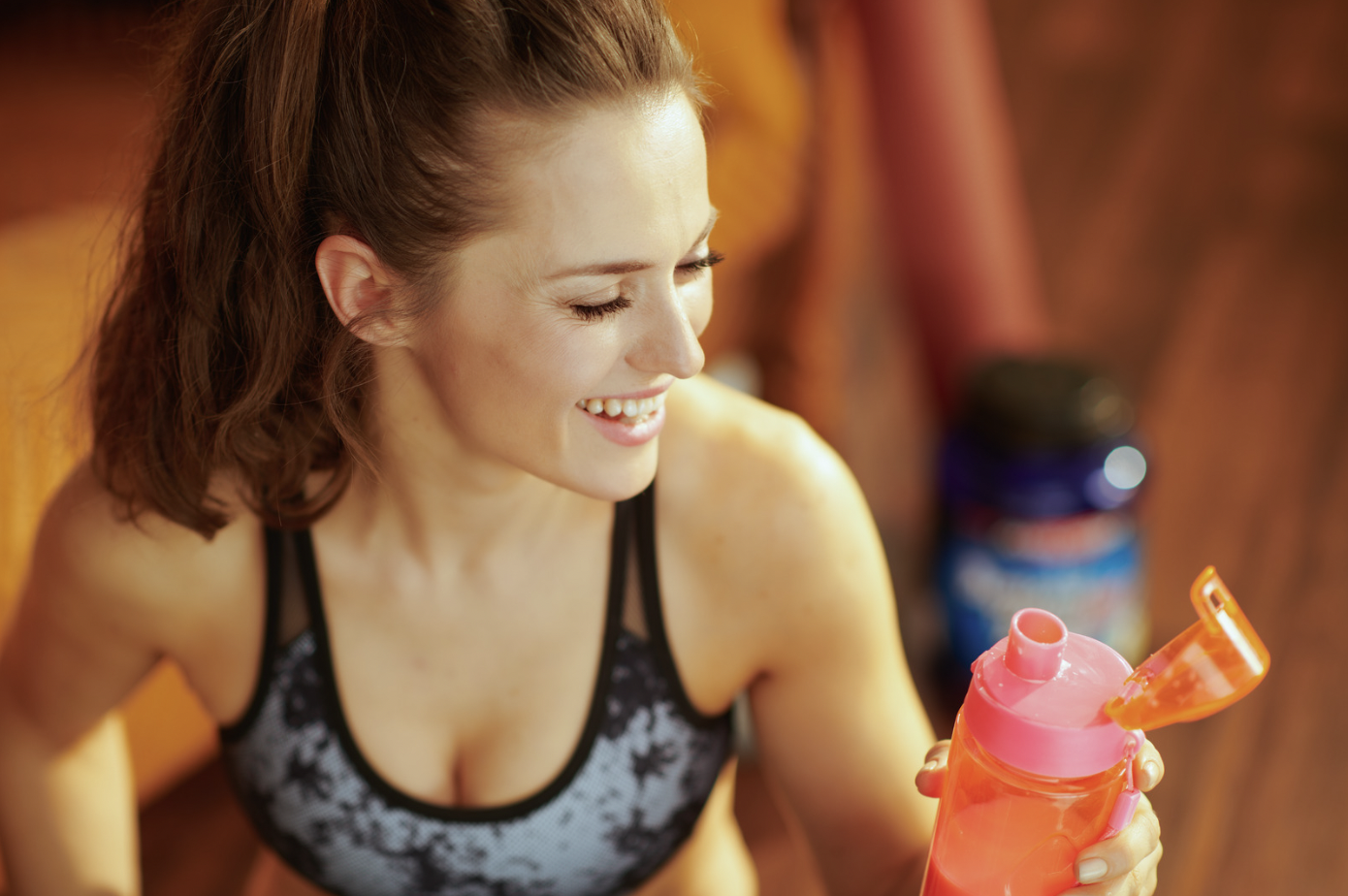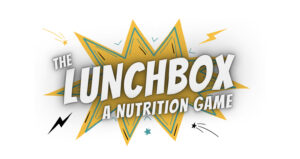April 29, 2023
I agree with professional baseball player Jim Thome when he said,
“The strongest thing I put into my body is steak and eggs. I just eat.”
I can’t count the number of students and clients alike who have asked me about commercial sports supplements over the years, from carb gels to steroids. My response might surprise you too, but I actually don’t have a lot of personal experience with using many of these products – because for the most part, I just don’t see the need for them. There isn’t much that a sports performance enhancing supplement can do for you that whole food cannot. And you simply can not supplement your way out of a bad diet.
Having said that, even the most conscientious of eaters – myself included – can sometimes use a little nutritional support. In an ideal world, we’re all eating super healthy all of the time and getting all the nutrients we need for our bodies to perform and recover optimally. But that’s just not realistic. And when it comes to achieving that last 5-10% of your peak athletic potential, supplements can… well, supplement your needs. Hence why this is a multi-billion dollar industry.
But buyer beware… there are loads of considerations to weigh out before using performance-enhancing supplements.
Do you need it?
Specifically, will you benefit from what the claim says the product will do for you; ie: something that claims to improve endurance may be quite helpful for a marathon runner, but won’t be as useful to a power lifter who only spends a minute at a time in their high output exertion.
Is the evidence there?
If there are just as many studies that show no difference between the control group and the placebo group when using a product, save your money! Spend it instead on something that has better evidence to support the claims.
Just because the label on a product claims to enhance performance in some way does not mean it’s been proven to do so. “Supplement companies can make claims about products without supporting scientific evidence as long as they do not claim to prevent, treat, cure, or mitigate disease”.
Is it safe?
Are there risks or health concerns found in any of the studies? And if there aren’t enough studies to determine whether or not it’s safe, avoid it.
Beware of ‘natural’ products. It’s often thought that if a substance is natural, it must be safe and beneficial. “Under current regulations, unfortunately, this isn’t always true. Dietary supplements, including herbals and such hormones as DHEA and melatonin, can be marketed and introduced on store shelves before manufacturers are even required to submit safety information to the FDA”. (Mueller, Kimberly; Hingst, Josh. The Athlete’s Guide to Sports Supplements . Human Kinetics).
Is it third party tested?
Manufacturers will pay loads of money to have an independent third party organization test their products and certify that the label claims are accurate, that there is nothing else in the product except exactly what is listed on the label – and in the specified amounts. The product will also be tested for safety and contamination. This is crucial for those in competitive sports that must abide by the banned-substances as outlined by the WADA (World Anti-Doping Association). Failure to comply can result in loss of title and even being banned from the sport.
Why is this important? Because numerous investigations over decades have found many products to contain ingredients not listed on labels, including banned substances and those with potentially dangerous side effects. In fact, an “investigation of over 60 dietary supplements discovered 12.5% contained banned substances not declared on the labels, specifically anabolic steroids and ephedrine” (Martello, Felli, & Chiarotti, 2007).
Just because products are sold on the shelves of well-known stores does not guarantee their safety. “A 2011 investigation by the California firm Anti-Doping Research, for example, revealed that 10 products purchased from the popular online store amazon.com contained illegal steroids that are known to have dangerous side effects such as liver toxicity”. (William Reed Business Media).
Look for a stamp somewhere on the packaging of all products you use, that shows that the product has been third party tested for purity and safety. NSF is a very common one.
Is it clean?
Even if a product is third party tested and proven safe and effective, is it made mostly (or ideally all) from natural ingredients and free from preservatives, artificial colors, refined sugar and/or sugar alcohols? Just like many processed foods, supplements can be packed full of artificial ingredients and fillers that have been linked to increased inflammation in the body or various other health concerns. Just as we recommend with food, look for supplements that are as natural as possible. There is no need to have your supplement capsule a funky florescent blue color!
In summary, be smart and be safe about your supplement use.
Being an educated consumer when choosing to use sports supplements, and doing so in conjunction with a balanced whole food diet, is how to best optimize your performance and your health.
Become Sports Supplement Savvy with the Lunchbox!
A new supplement review every day for an entire month, included in the Lunchbox Game. Check it out here!
The fact that you’re still reading tells me that you’re at least a little bit curious about sports supplements. I mean, who wouldn’t be?! Be with all the promises of quicker gains, easier fat loss, super charged performance and more… ahh if only a pill could do it all.
Truth is… there are some performance enhancing supplements that are tried and tested and proven to be safe and effective. Others, not so much. In fact, some can be downright dangerous.
So it’s super important to be aware when considering using performance-enhancing supplements. From carb gels and protein powder, to creatine and HMB… we dish out all the science as one of the monthly nutrition topics in the LUNCHBOX.
If you’ve ever been curious about trying some supps, or concerned about those you are using, the Lunchbox is for you! Every day of the featured month gives the lowdown on a new sports supplement, from moi (Registered Holistic Nutritionist and Certified Advanced Sports Nutrition Educator) 😄
- mechanism of action (how it’s supposed to work)
- evidence of efficacy (if it’s proven to do what it claims)
- performance benefits (what it can do for you)
- evidence of safety concerns
- common dosage or usage how-to’s
- BONUS: our coaches share their own personal fav products
Sign Up Now!
Sources for the above information:
Mueller, Kimberly; Hingst, Josh. The Athlete’s Guide to Sports Supplements. Human Kinetics
https://ods.od.nih.gov/factsheets/ExerciseAndAthleticPerformance-Consumer/
How to use sports performance supplements wisely
The entire contents of this website are based upon the opinions of Build Holistic Nutrition. Please note that Build Nutrition is not a dietitian, physician, pharmacist or other licensed healthcare professional. The information on this website is NOT intended as medical advice, nor is it intended to replace the care of a qualified health care professional. This content is not intended to diagnose or treat any diseases. Always consult with your primary care physician or licensed healthcare provider for all diagnosis and treatment of any diseases or conditions, for medications or medical advice, as well as before changing your health care regimen.
© BUILD NUTRITION 2025. ALL RIGHTS RESERVED. PRIVACY POLICY
Go ahead, creep us on social. You know you want to!




